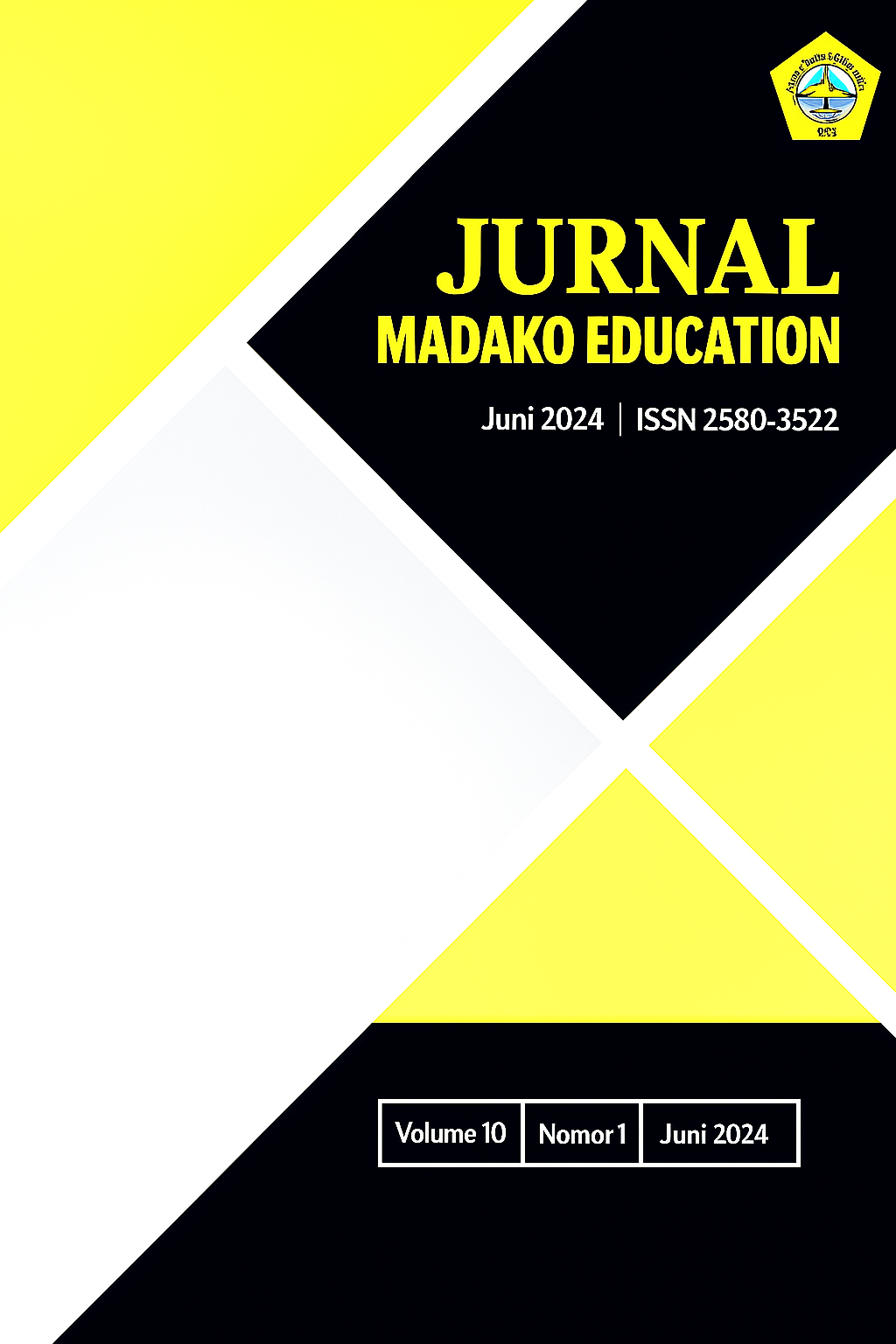The role of professional association in developing teacher performance on ELT (a study on APSPBI)
DOI:
https://doi.org/10.56630/jme.v10i1.804Kata Kunci:
Professional, Association and Teachers, ELT Development.Abstrak
The field of English Language Teaching (ELT) is rapidly evolving, demanding English teachers to continuously update their competencies in order to meet new pedagogical challenges and expectations. In this dynamic context, professional development cannot be achieved solely through individual effort; rather, it requires collaborative engagement through communities or professional associations where teachers can exchange ideas, share best practices, and receive ongoing support. This small-scale survey research was conducted to explore alternative strategies for professional development, particularly through the role of teacher associations. The participant of this study was a member of the Association of English Language Education Study Programs in Indonesia (APSPBI), selected using purposive sampling. Data were collected through an online semi-structured interview and analyzed using descriptive statistical techniques. The findings revealed that APSPBI regularly organizes a range of academic and professional activities such as workshops, webinars, conferences, and collaborative research initiatives that significantly contribute to the continuous professional growth of ELT practitioners. These activities not only enhance teachers' pedagogical knowledge and classroom practices but also foster networking, innovation, and reflective teaching. The results of this study indicate that APSPBI serves as an effective platform for English teachers seeking sustainable and collaborative professional development. Thus, APSPBI may be considered a viable alternative professional community that supports the advancement of teacher professionalism in the field of ELT, particularly in the Indonesian context. Further studies involving larger samples are recommended to explore the broader impact of teacher associations on instructional quality and student outcomes
Referensi
Bohon, L. L., McKelvey, S., Rhodes, J. A., & Robnolt, V. J. (2017). Training for content teachers of English Language Learners: using experiential learning to improve instruction*. Teacher Development, 21(5), 609–634. https://doi.org/10.1080/13664530.2016.1277256
Breunig, M. (2017). Experientially learning and teaching in a student- directed classroom. Journal of Experiential Education, 40(3), 213–230. https://doi.org/10.1177/1053825917690870
Garet, M. S., Porter, A. C., Desimone, L., Birman, B. F., & Yoon, K. S. (2001). What makes professional development effective? Results from a national sample of teachers. American Educational Research Journal, 38(4), 915–945. https://doi.org/10.3102/00028312038004915
Gnawali, L. (2016). English language teacher development through teacher associations: The case of NELTA. ELT Journal, 70(2), 170–179. https://doi.org/10.1093/elt/ccv086
Hafifah, G. N., & Sulistyo, G. H. (2020). Teachers’ ICT literacy and ICT integration in ELT in the Indonesian higher education setting. Turkish Online Journal of Distance Education, 21(3), 186–198. https://doi.org/10.17718/TOJDE.762050
Helate, T. H., Metaferia, T. F., & Gezahegn, T. H. (2022). English language teachers’ engagement in and preference for experiential learning for professional development. Heliyon, 8(10), e10900. https://doi.org/10.1016/j.heliyon.2022.e10900
Madduri, G. B., Ryan, M. S., Collins, J., Huber, J. N., Potisek, N. M., Wolbrink, T. A., & Lockspeiser, T. M. (2023). A Narrative Review of Key Studies in Medical Education in 2021: Applying Current Literature to Educational Practice and Scholarship. In Academic Pediatrics (Vol. 23, Issue 3, pp. 550–561). https://doi.org/10.1016/j.acap.2022.12.001
Pratiwi, S. W., & Triprihatmini, V. (2018). Students’ perception on the use of video to assess performances in public speaking class. Language and Language Teaching Journal, 21(Suppl), 33–42. https://doi.org/10.24071/llt.2018.suppl2104
Shuls, J. V. (2018). Raising the Bar on Teacher Quality: Assessing the Impact of Increasing Licensure Exam Cut-Scores. Educational Policy, 32(7), 969–992. https://doi.org/10.1177/0895904816682315
Swanson, E., & Ritter, G. (2020). Start to Finish: Examining the Impact of the El Dorado Promise Program on Postsecondary Outcomes. Journal of Student Financial Aid, 49(3), 2. https://doi.org/10.55504/0884-9153.1703








